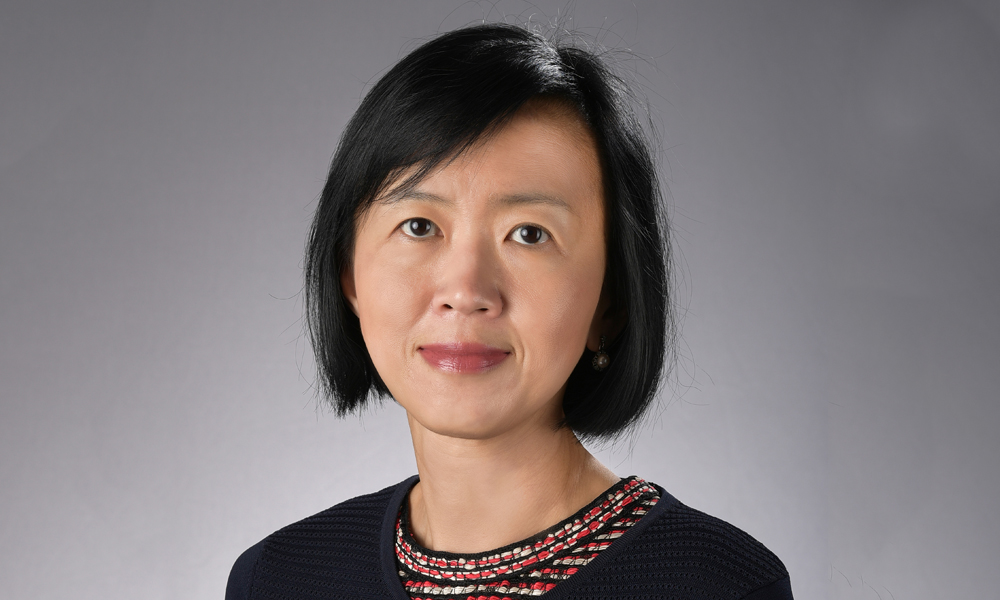Eagle Hills CEO: UAE real estate becoming more affordable
Developers increasingly aware of the potential of the middle market, Low Ping says in interview with MECN

The UAE’s real estate sector is undergoing a transformation as it adapts to the demands and preferences of investors and buyers, the chief executive officer of Eagle Hills, the Abu Dhabi-based private real estate investment and development company, has said.
In an exclusive interview with MECN.com, Low Ping said that the UAE’s real estate sector has been witnessing positive impacts, which indicates that real estate companies are listening to investors’ and buyers’ needs, despite the existing challenges they face.
“As we all know, the property sector’s performance is dependent on so many factors, and it is currently a soft market. It is also maturing with developers getting more discerning about their product offerings, which will limit the amount of new supply in next two years. Unlike three to four years ago, the market has now adjusted and is not adding to the huge amount of existing supply,” Ping said as part of a wide-ranging interview with MECN.com.
“In addition, the market has also become more affordable, presenting buying or entry opportunities before those who have not yet bought into the market.”
She added that developers are now increasingly aware of the potential that exists in the middle market and are now focusing on addressing the existing demand from that sector.
“The demand for high-quality lifestyle with affordable housing can be looked at as another factor. However, increasingly proactive measures adopted by the government, such as the new legal framework to financial regulations such as the proposed mortgage law, are set to immensely benefit UAE’s property market. The easy availability of competitive price points for premium properties compared to other global cities, long-term return on investment and rental yields are also factors that will attract more global investors,” she explained.
Ping explained that while challenges do exist in the UAE’s real estate sector, there are still several key opportunities across a range of sectors in 2019. A slew of visa reforms and new policies will fuel the growth of the industry by supporting the UAE’s transition into a world-class business hub, she said.
“The introduction of the new legislation is set to further ease the process of conducting business in the country, and with new trends and digital advancements significantly improving efficiency and transparency, there is no doubt that 2019 is going to be a year of great opportunities for the UAE’s real estate sector,” Ping pointed out.
“Abu Dhabi government’s modification of real estate laws to allow foreigners to own freehold property in designated zones will definitely increase foreign direct investment (FDI) inflows, thereby boosting the economy.”
Furthermore, she added that the introduction of 10-year residency visas to specialists in the medical, scientific, research and technical fields and longer visas for students and entrepreneurs by the UAE Cabinet will provide another major boost to the real estate sector.
“These are major milestones with huge potential to revive both the rental and owner-occupier markets in residential and commercial property sectors,” she said.
Finally, Ping highlighted that along with the increased availability of alternative sources of finance, the UAE’s development finance market is constantly evolving and is becoming more diverse.
“Keeping track with rapid pace of technological advancements, the adoption of Blockchain technology are also areas of focus. However, despite these challenges, developers do anticipate continued growth,” she concluded.






















